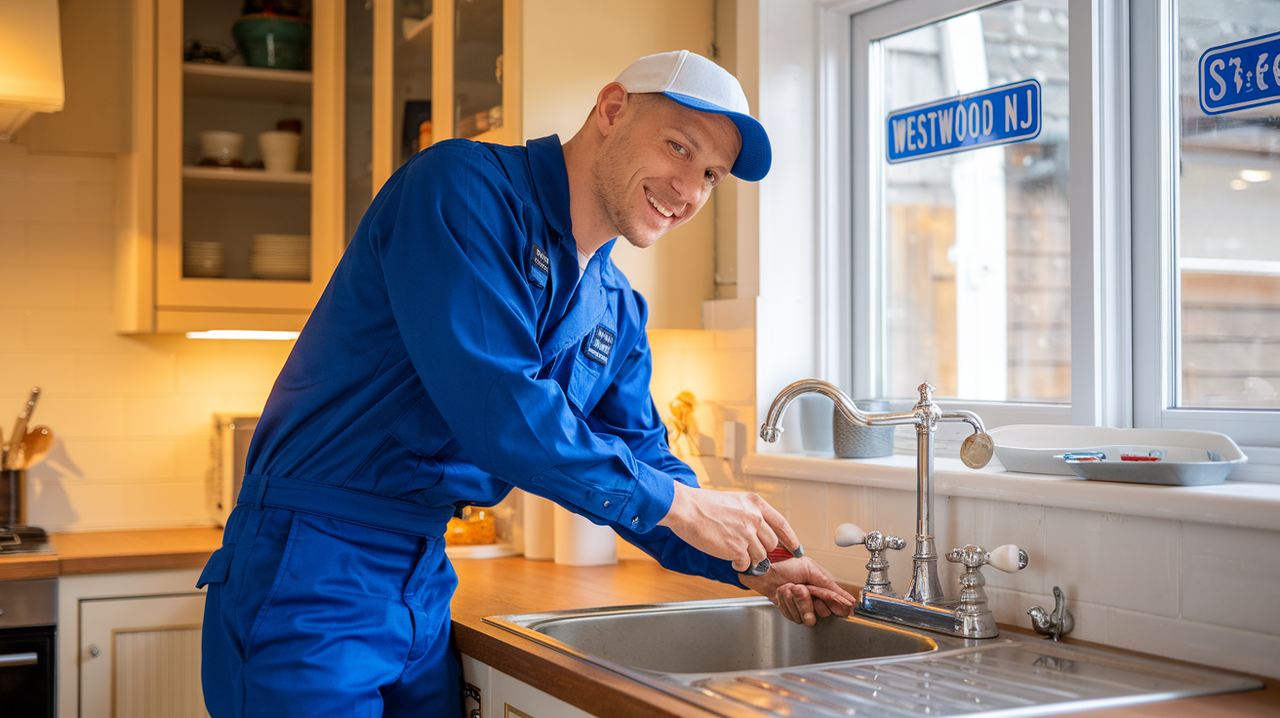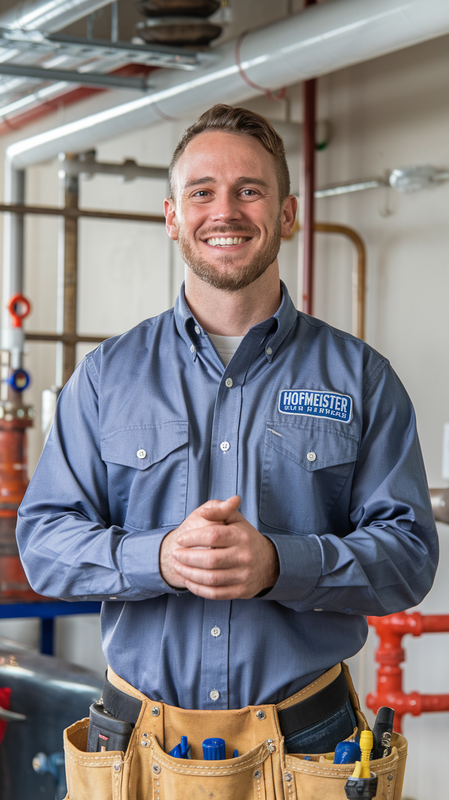Introduction
When faced with a plumbing issue, many people might feel overwhelmed, particularly if they’ve never tackled a pipe repair before. But fear not! With a little guidance and the right tools, basic pipe repair can be surprisingly simple. In this comprehensive guide, we will cover various techniques that anyone can master, whether you’re a complete novice or someone looking to brush up on your skills. From fixing leaks to unclogging drains, we'll explore how you can deal with common plumbing problems like a pro.
What Are Basic Pipe Repair Techniques?
Basic pipe repair techniques encompass a variety of methods aimed at addressing common plumbing issues, such as leaks, clogs, and cracks. These techniques can often be executed without professional help, saving time and money while giving you a sense of accomplishment.
Understanding Your Plumbing System
Before diving into repairs, it’s crucial to understand the basic layout of your plumbing system. Familiarize yourself with the main components:

Why Learn Basic Pipe Repair?
Learning basic pipe repair not only empowers homeowners but also provides insight into maintaining your plumbing system effectively. With affordable plumbers in Westwood often in high demand, having some DIY skills could save you money on minor repairs.
Common Plumbing Problems You May Encounter
1. Leaky Pipes: The Most Common Plumbing Problem
Leaky pipes are one of the most prevalent issues homeowners face. They can lead to water damage and mold if not addressed promptly.
How Do I Fix a Leaky Pipe Without Replacing It?
You Pipes can often fix minor leaks using plumber's tape or epoxy putty. For more significant leaks, consider using a rubber patch secured with hose clamps as a temporary measure until you can consult licensed plumbers in Westwood NJ.
2. Clogged Drains: The Pain in Every Household
Clogs happen when debris builds up in pipes over time.
How Do You Unclog a Severely Clogged Drain?
Using a plunger is the first line of defense against clogs. If that doesn’t work, try a mixture of baking soda and vinegar followed by hot water to break down any build-up.
3. Low Water Pressure: An Unwelcome Surprise
If you're experiencing low water pressure, this could indicate several issues ranging from clogged pipes to municipal supply problems.
4. Noisy Pipes: A Cause for Concern
Noisy pipes often indicate air trapped in the lines or other underlying issues that need addressing.
The Tools You’ll Need for Basic Pipe Repairs
Having the right tools can make all the difference when it comes to DIY plumbing jobs.
Essential Tools for Every Homeowner
- Pipe Wrench: Essential for gripping and turning pipes. Plumber's Tape: Useful for sealing threaded joints. Pliers: Great for holding small parts securely. Auger: Ideal for clearing stubborn clogs. Bucket: Necessary for catching excess water during repairs.
Step-by-Step Guide to Basic Pipe Repair Techniques
A Beginner's Guide to Basic Pipe Repair Techniques Anyone Can Master!
Let’s break down some basic pipe repair techniques step by step so that even those who may wonder "Can I fix my own plumbing?" will feel confident tackling these tasks.
1. Fixing Leaks
Materials Needed:
- Plumber's tape Epoxy putty
Steps:
Turn off the water supply. Dry the area around the leak thoroughly. Apply plumber’s tape around threaded joints. For larger holes, apply epoxy putty according to package instructions. Allow it to cure before turning the water back on.2. Unclogging Drains
Materials Needed:
- Plunger Baking soda Vinegar
Steps:
Place the plunger over the drain hole and plunge vigorously. If unsuccessful, pour half a cup of baking soda followed by half a cup of vinegar down the drain. Wait 15 minutes and follow with boiling water.3. Replacing Fittings or Joints
Sometimes it's necessary to replace fittings or joints due to Emergency corrosion or damage.
Materials Needed:
- Replacement fitting Plumber's glue (if applicable)
Steps:
Cut out the damaged section using a pipe cutter. Clean both ends thoroughly before applying glue if needed. Fit and secure new joint/fitting according to manufacturer specifications.FAQs About Basic Pipe Repair Techniques
FAQ 1: Is it safe to do your own plumbing?
Absolutely! Many minor plumbing tasks can be safely performed by homeowners without professional assistance—provided you have an understanding of what needs doing and follow proper safety precautions.
FAQ 2: Can plumbing be done DIY?
Yes! Many homeowners successfully tackle basic repairs themselves, which can save time and money compared to hiring local plumbers in Westwood for every little issue.
FAQ 3: What do plumbers use most?
Plumbers rely heavily on tools like wrenches, plungers, pipe cutters, and sealants like plumber’s tape for various tasks throughout their day-to-day work.
FAQ 4: Why are plumbing repairs so expensive?
Plumbing repairs may seem costly due to specialized knowledge required and potential emergency service fees that come with urgent calls—especially during weekends or holidays when demand spikes!
FAQ 5: What is one of the most common problems with pipes?
Leaking pipes rank high among common issues faced by homeowners; they tend towards causing significant damage if left unresolved!
FAQ 6: How much should plumbing repairs cost?
Cost varies widely based on severity; minor repairs (like fixing leaky faucets) may range from $100-$200 while major replacements (like sewer lines) could balloon into thousands depending on complexity involved!
Conclusion
In conclusion, mastering basic pipe repair techniques is not just about saving money; it's about empowering yourself as a homeowner capable of addressing everyday challenges around the house! From fixing leaks to unclogging drains—equipping yourself with knowledge allows you greater control over your living environment while enhancing its value through effective maintenance practices!
So why wait? Start exploring these techniques today! Whether you're calling upon experienced plumbers Westwood NJ or embarking on your own DIY journey—remember that each small task completed brings you closer toward becoming adept at handling any future mishaps confidently!
With practice comes mastery; soon enough you'll find yourself saying “I fixed that!” instead of relying solely on professionals whenever trouble arises! Happy repairing!
